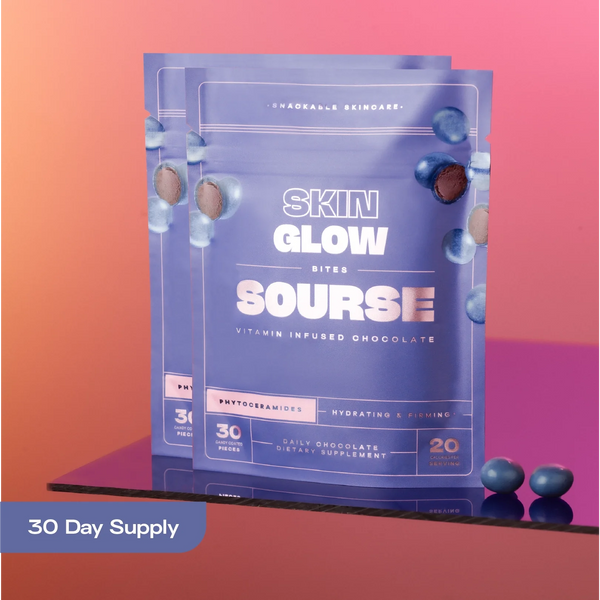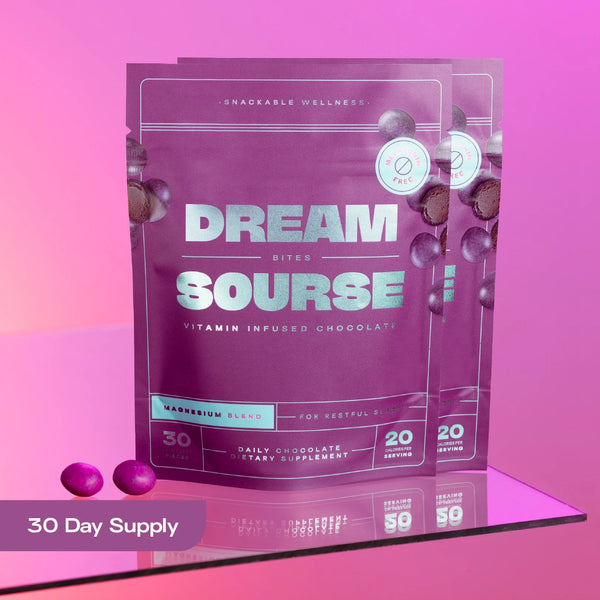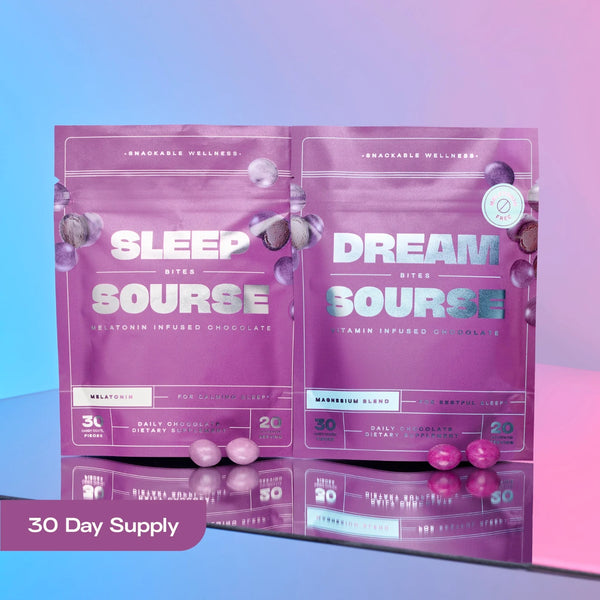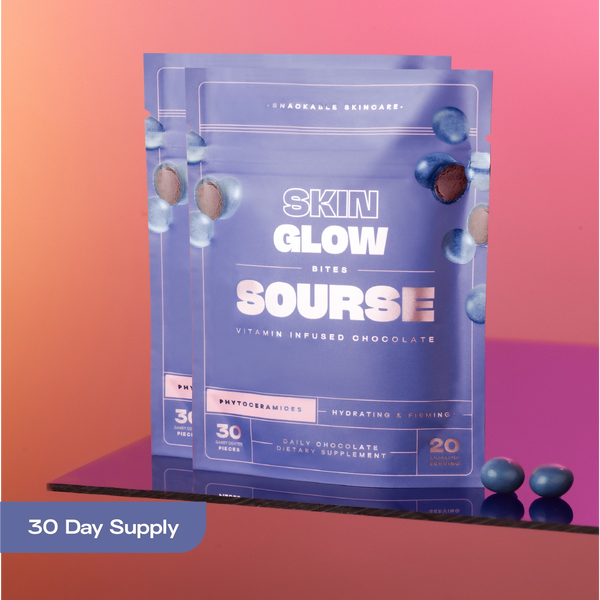
Vitamin D in winter to stave off colds and flus.
Quercetin in spring to support seasonal allergy symptoms.
B complex when you’re training for that 10K you signed up for when it was 20 degrees cooler.
It’s likely your supplement regimen already ebbs and flows with both the season and your calendar. But did you know that it can also be beneficial to “cycle” certain supplements regularly rather than take them every day?
Cycling gives your body the chance to use up stores and avoid the side effects of nutrient toxicity. It’s particularly important for fat-soluble vitamins like A, D, E, and K as well as iron. These nutrients store more easily in the body compared to water-soluble vitamins, which need more frequent replenishing.
Rethinking the time of day that you take your supplements is another great way to increase their effectiveness. In the morning when you wake up and at night before you go to sleep may be the easiest schedule to remember, but for some vitamins and minerals, it’s not the most optimal. Learning what is requires a grasp of each supplement’s properties and roles.
Vitamin B
Vitamin B is essential to a healthy and efficient metabolism. There are eight different B vitamins, each with a different role.
Vitamin B, specifically B12, is associated with energy production and can boost your cognitive performance and make you feel more alert. Unless you’re a night owl who prefers to be productive at night, aim for the morning. Some research also suggests vitamin B6 can cause lucid and vivid dreams, impacting your sleep—another reason why vitamin B should be taken upon waking up.
Vitamins A, D, E, and K
Vitamins A, D, E, and K are essential for growth and maintenance of tissue. They also serve as antioxidants, involved in cell repair and immune support.
This family of vitamins is fat soluble, meaning they absorb best when taken with meals containing fat. If you take these supplements close to or with a breakfast that includes a healthy source of fat like eggs or avocado, nice job! If healthy fats don’t make their appearance on your plate until lunch or dinner (think olive oil, nuts, or fatty fish like salmon), adjust your supplement schedule accordingly.
Iron
Iron supplements can be taken at any time of the day, but—and it’s an important but—as with the fat-soluble vitamins, the foods that they’re taken with matter. Coffee, for example, contains tannins, a polyphenol that blocks iron absorption. In contrast, studies show that vitamin C can help increase iron absorption, especially from “non-heme” plant-based sources like nuts, seeds, and beans, which historically have low absorption rates. If you’re a coffee drinker, wait at least two hours after your last brew before taking your iron supplement. Consider pairing it with a couple of kiwi, a handful of strawberries, or an orange to increase absorption.
Magnesium
Magnesium, a cofactor in more than three hundred reactions in the body, contributes to energy production, protein synthesis, nerve function, blood glucose control, and blood pressure regulation. That’s one busy mineral (and no wonder there are at least ten forms of supplemental magnesium!). Studies suggest that one of them, magnesium glycine, can improve the quality of sleep and help reduce symptoms of insomnia. So be sure to take this form of magnesium at night, right before you go to sleep, or you might be yawning through your workday. Magnesium also helps metabolize vitamin D, so taking them together makes sense.
Zinc
An essential trace mineral, zinc plays an important role in immune regulation, thyroid function, and protein synthesis. As the term trace mineral suggests, the RDA for zinc is minimal: just 11 mg per day for men and 8 mg for women (although studies suggest certain populations may need more). Zinc can cause gastrointestinal upset (to phrase it politely), which is why you’ll want to take it before or shortly after eating. And take it with a protein-containing meal to increase absorption, but not at the same time as iron or calcium supplements.
One more thing: the relationship between zinc and another trace mineral, copper, is rather delicate and must be maintained at an equilibrium. Too much of one can cause a deficiency in the other, which is why you’ll want to look for a supplement that includes both copper and zinc. Problem solved.
Taking supplements is a great way to replenish your body’s supply of specific vitamins and minerals. But when you start taking supplements for the first time, or whenever you make changes to your regimen, do your homework:
- Create an optimized schedule, and be aware of possible undesirable food and nutrient interactions. Left unchecked, these can reduce the effectiveness of the supplement.
- Similarly, be aware of symptoms of deficiency. For example, if you’re taking iron and begin to develop fatigue and hair loss, have your iron levels retested while also checking if any specific foods are contributing to less-than-optimal absorption.
Don’t forget to include your doctor’s insight, especially when adding or removing a supplement to your plan. They can look at your list side by side with any prescription medications you make and point out any other potential interactions, so a consultation is well worth your time.
Sources
Aspy, D. J., Madden, N. A., Delfabbro, P. (2018). Effect of Vitamin B6 (Pyridoxine) and a B Complex Preparation on Dreaming and Sleep. Perceptual and Motor Skills, 125(3), 451–462. Retrieved from https://pubmed.ncbi.nlm.nih.gov/29665762/
Hallberg, L., Brune, M., Rossander, L. (1989). The role of vitamin C in iron absorption. International Journal for Vitamin and Nutrition Research Supplement, 30: 103–108. Retrieved from https://pubmed.ncbi.nlm.nih.gov/2507689/
National Institutes of Health, Office of Dietary Supplements. (2021). Zinc. Fact Sheet for Consumers. Retrieved from https://ods.od.nih.gov/factsheets/Zinc-Consumer/#:~:text=The%20body’s%20immune%20system%20needs,helps%20the%20skin%20stay%20healthy.





-How-biotin-and-collagen-work-together--The-best-time-of-day-to-take-your-supplements.jpg?v=0)

